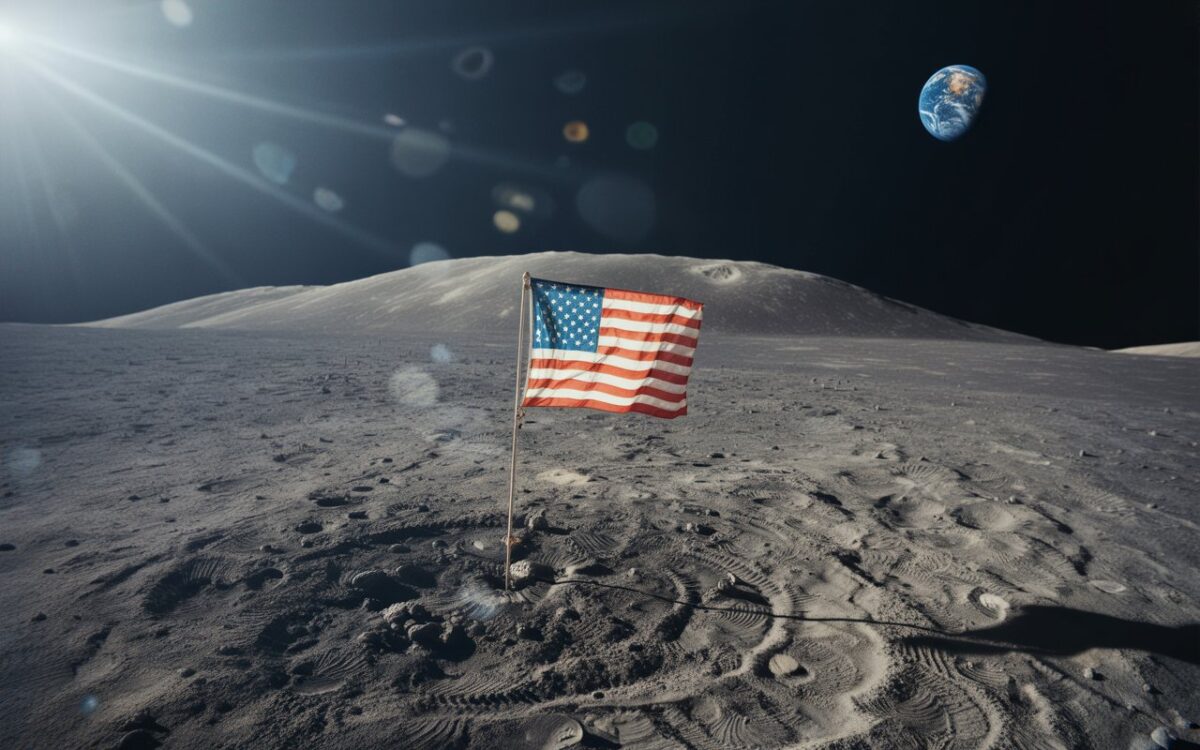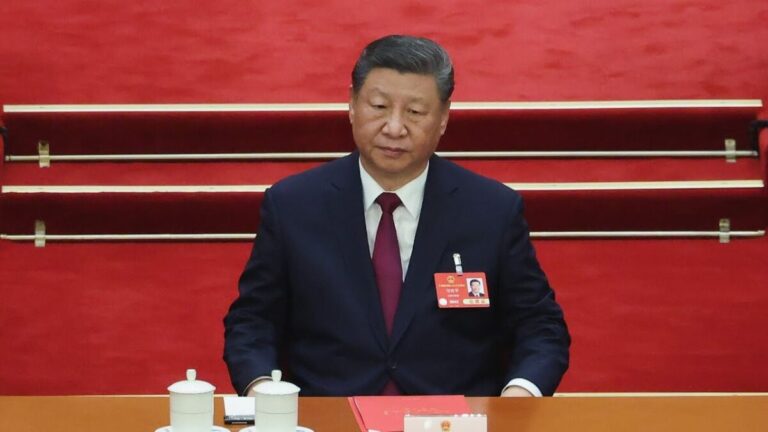For the first time in half a century, America is preparing to put astronauts back on the surface of the moon. Transportation Secretary Sean Duffy, who is also serving as Acting Director of NASA, confirmed on Wednesday that the agency is targeting 2026 for a manned lunar landing, part of the Artemis program that will lay the groundwork for a permanent U.S. presence in space.
Speaking on Fox News, Duffy said a four-man crew will travel to the moon for a mission expected to last between eight and twelve days. Their goal will be to begin the early stages of establishing a forward operating base, a foothold for future missions. “The U.S. comes in peace. We want to win the second space race to the moon, but we know that China wants to get there before us,” Duffy explained.
The race is real. Earlier in the day, former NASA Administrator Jim Bridenstine told senators he believes it is “highly unlikely” the United States can beat China to the lunar surface. Duffy pushed back, insisting that NASA is determined to stay on schedule. “We’re not gonna let it happen,” he said. “We hope we can do it in the first part of the year.”
.@SecDuffyNASA says a four-man crew will go out and around the moon in the first part of 2026 — then Artemis III, an 8-12 day mission to start building our base camp on the moon.
"We know that China wants to get there before us. We're not going to let it happen." pic.twitter.com/YEIp5r6Vvy
— Rapid Response 47 (@RapidResponse47) September 4, 2025
The Artemis program calls for a step-by-step return. Artemis II will send a crew around the moon, testing systems for deep-space travel. Artemis III will mark the first manned landing since Apollo 17 in 1972. “We’ll stay for a longer period of time, anywhere from eight to twelve days on the moon. The longest time in the past was three days,” Duffy noted. “We’re gonna start sending payloads to the moon to start building our base camp.”
The lunar program is not an end in itself but a stepping stone toward Mars. Duffy emphasized that lessons learned from sustaining life on the moon will be essential before astronauts attempt a longer journey to the Red Planet.
Congress is paying close attention. Senators such as Ted Cruz have raised concerns that delays or budgetary stumbles could hand Beijing the advantage in setting the rules for lunar exploration. Witnesses at a Senate Commerce Committee hearing warned that losing private-sector partners or international allies due to wavering U.S. commitments could push them toward cooperation with China.
“The countries that get there first will write the rules of the road for what we can do on the moon,” said Mike Gold of Redwire. The next space race is underway, and the stakes are enormous.




Leave a Comment